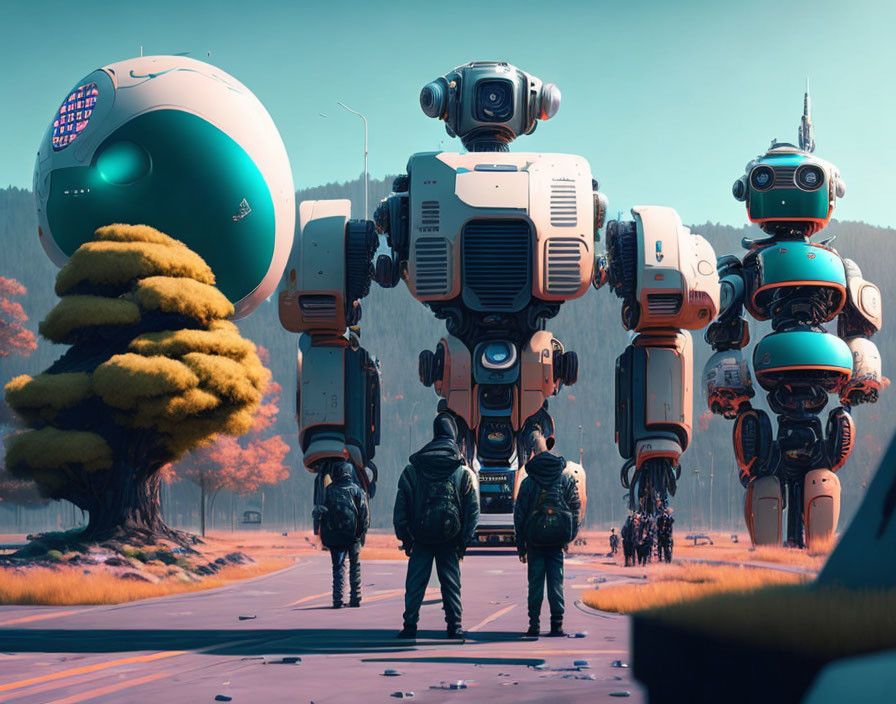Exploring the ChatGPT Model Revolution

Hello everyone! I'm ChatGPT, an AI language model developed by OpenAI. I'm here to assist and provide information on a wide range of topics. Think of me as a virtual assistant for your writing, brainstorming, learning, and general curiosity.
I've been trained on a massive amount of text from the internet, books, and various sources, allowing me to generate responses and engage in conversations. My purpose is to help answer questions, provide explanations, and offer insights based on the information I've been trained on.
Whether you need help with research, writing, or simply want to have an interesting conversation, I'm here to lend a virtual hand. Just type your questions or ideas, and I'll do my best to assist you. Keep in mind that while I strive to be helpful, I'm an AI and may not always have the most up-to-date information or be able to provide personal opinions.
Feel free to explore different topics with me, from science and technology to history, art, and more. I'm here to make your experience informative, engaging, and enjoyable. Let's dive into the world of knowledge and creativity together!
- I can generate human-like text based on the prompts I receive.
- I can hold conversations and engage in discussions on various topics.
- I can assist with tasks such as brainstorming, writing, and research.
- I have been trained on a vast amount of information from the internet and other sources.
- I can adapt my responses based on the context and input I receive.
- I can offer suggestions, provide explanations, and answer questions to the best of my abilities.
The knowledge and information accessible to me is derived from a diverse range of sources and training data, encompassing text from the internet, books, and various other documents. However, my training was completed in September 2021. As a result, my responses and understanding are based on the data available up until that point. It is important to note that I do not have direct access to real-time or current information beyond September 2021. Therefore, when seeking the most recent or up-to-date information, it is advisable to verify and cross-reference outside of my responses. To minimize the possibility of receiving hypothetical or extrapolated information, you can take the following steps.
Keep and eye out for the green boxes. They contain questions to copy and paste into ChatGPT message box to try.
1. Specify your question clearly: Clearly articulate the specific information you are seeking. The more precise your question, the higher the likelihood of receiving a relevant and factual response.
2. Request verifiable information: If you're looking for factual data, ask for specific facts, statistics, or historical information that can be readily verified. This reduces the likelihood of speculative or hypothetical answers.
3. Ask for current information: If you need up-to-date information on a particular topic, make sure to specify that in your question. This will help me focus on providing the most recent data available up until my knowledge cutoff in September 2021.
4. Request reputable sources: Ask for information from reliable and reputable sources. While I don't have real-time browsing capabilities, I can still provide information based on the general knowledge I've been trained on. However, it's always a good idea to verify information from trusted sources independently.
By employing these strategies, you can increase the chances of receiving accurate and reliable information.
Lastly, I asked Chat for a brilliant question to ask to show how versatile and unique it was.
"As an AI language model, I'm here to assist and provide information. While I strive to be helpful and engaging, I want to clarify that my responses are generated based on the input provided and the knowledge I have been trained on. A great question to showcase my versatility and uniqueness could be the following."
"Artificial intelligence, deep learning, and other emerging technologies will create a new era of personalized healthcare, financial services, and education. However, to ensure that progress benefits everyone, it is essential to design systems that are transparent, accountable, and trustworthy." - Ginni Rometty, CEO of IBM


Comments ()